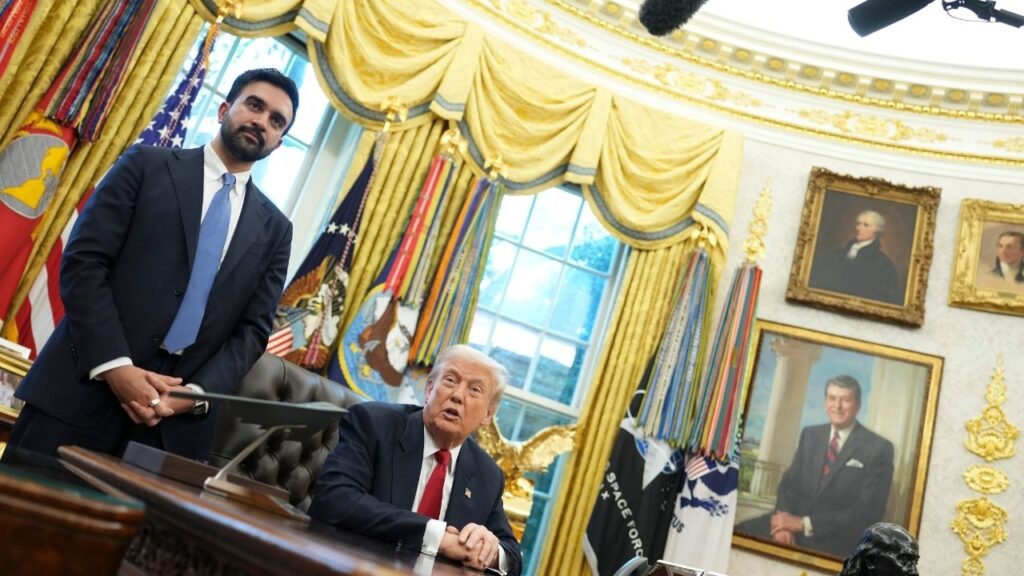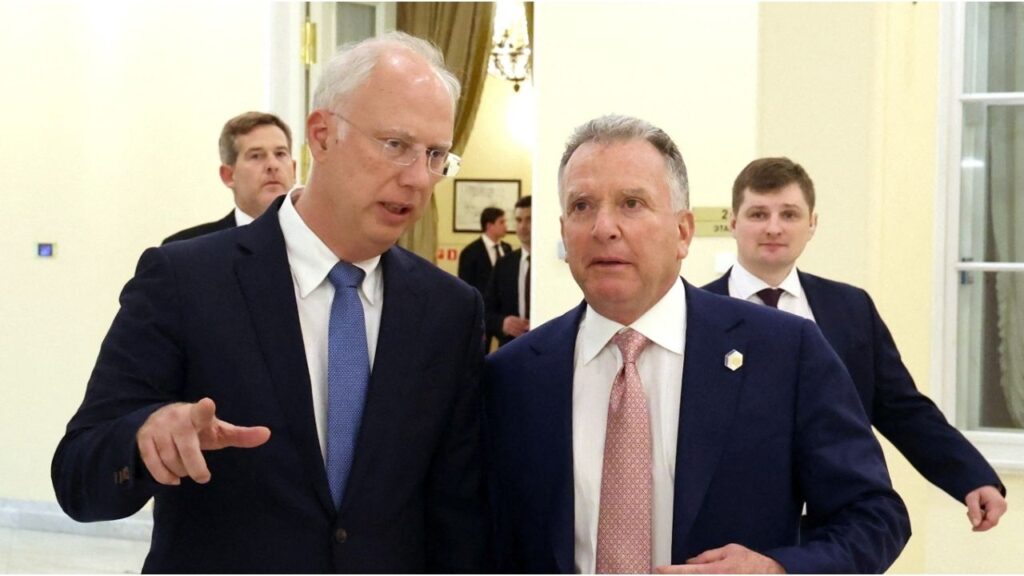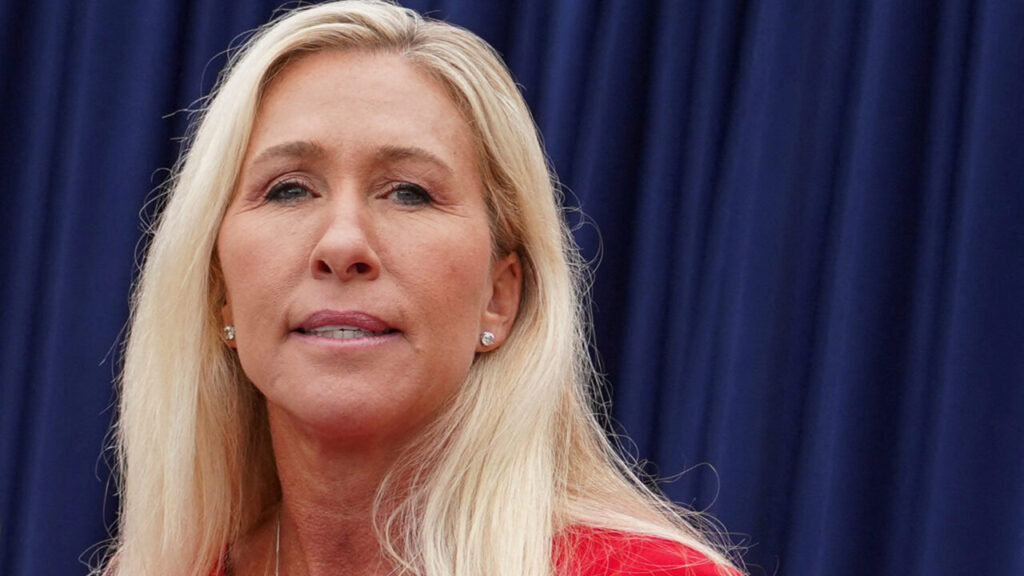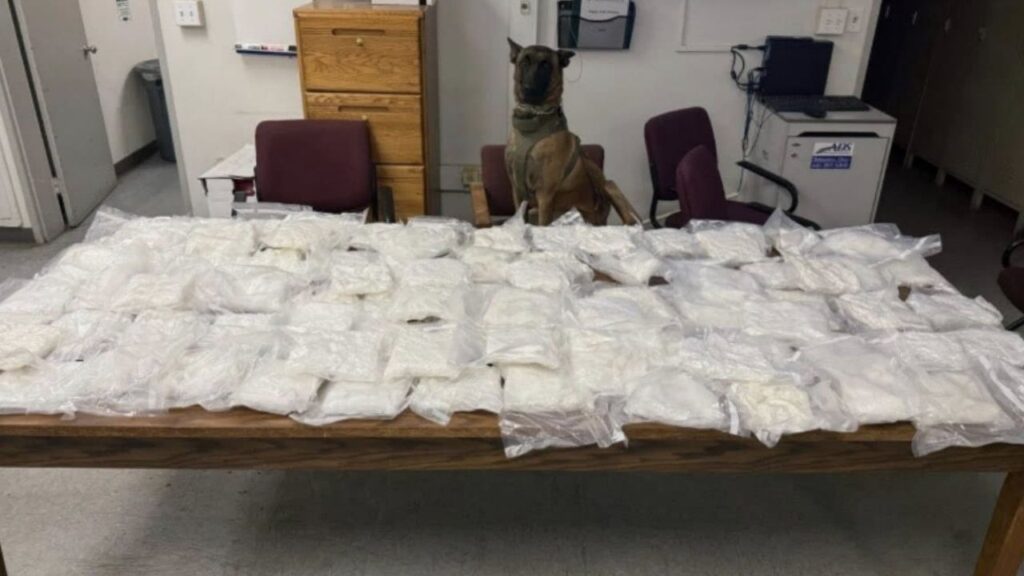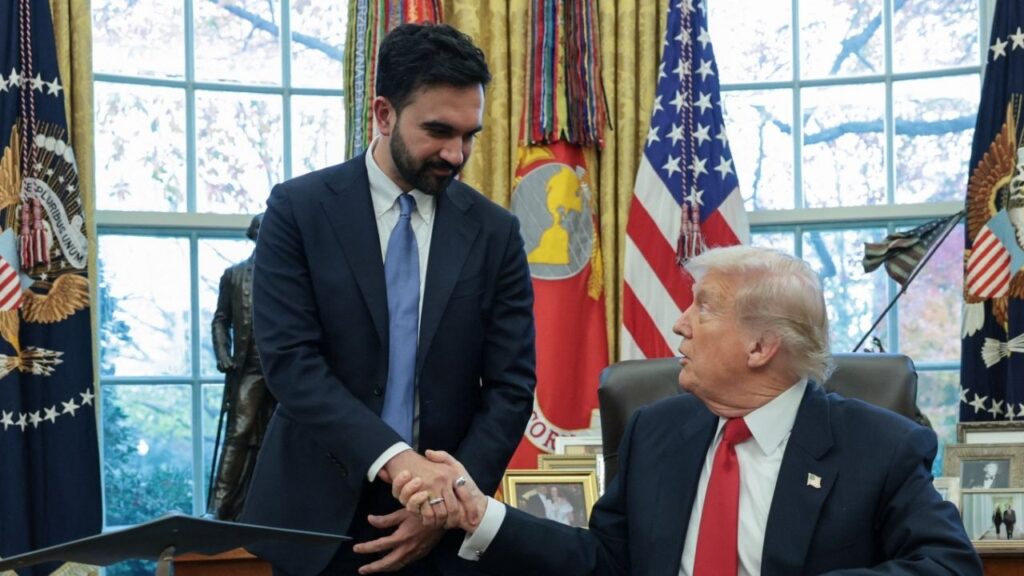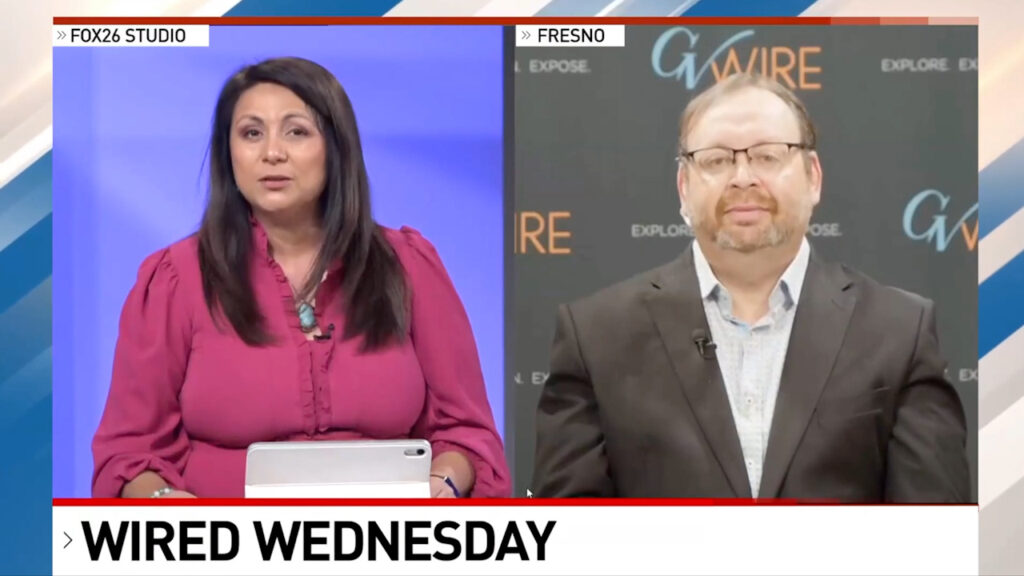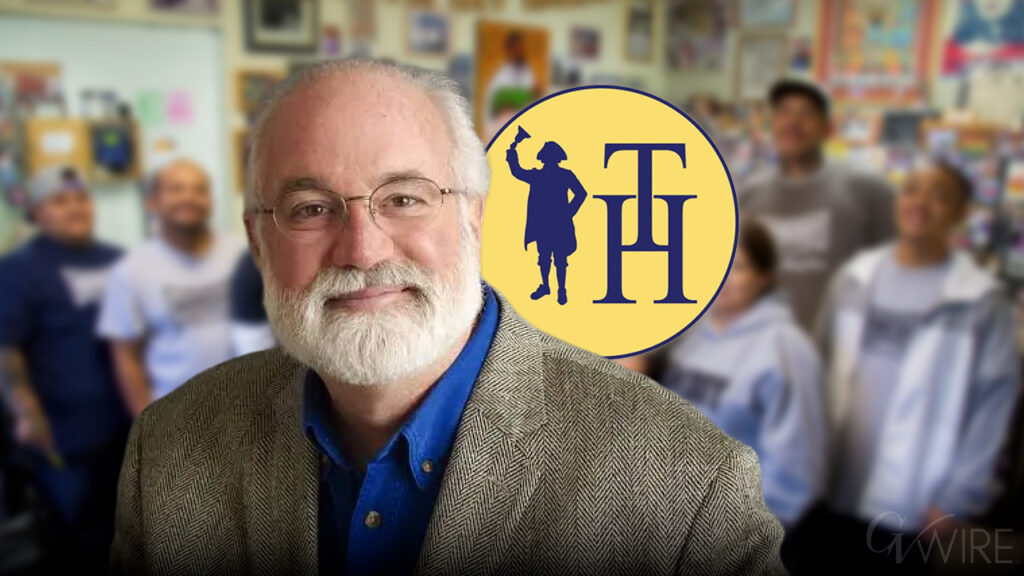Health Secretary Kennedy's anti-pesticide stance draws criticism from Sen. Hyde-Smith who warns against disrupting farmers' livelihoods. (AP File)

- Kennedy assured the Senate committee his upcoming report on childhood disease won't jeopardize farmers' business model.
- The clash reflects growing tensions between Trump's MAGA supporters and Kennedy's health-focused MAHA movement.
- Scientific organizations remain divided on the safety of glyphosate, with contradictory findings on cancer risks.
Share
WASHINGTON — Health Secretary Robert F. Kennedy Jr.’s long-running crusade against agricultural chemicals ran into pushback Tuesday from the agriculture industry and a Republican senator, who pointedly instructed Kennedy not to interfere with the livelihood of American farmers by suggesting certain pesticides are unsafe.
The admonition from Sen. Cindy Hyde-Smith, R-Miss., came as President Donald Trump was preparing to release a report Thursday from a commission, led by Kennedy and named for his movement, to examine the causes of childhood chronic disease.
Trump established the panel to look at a range of potential factors, including chemicals, which Kennedy has said “pollute our bodies the same way that they pollute the soil.” Kennedy and his followers in the “Make America Healthy Again” movement have previously singled out the agricultural chemical glyphosate, originally made by Monsanto, which is now owned by Bayer, the German chemical and pharmaceutical giant.
Industry Concerns Over Anti-Chemical Movement
The key ingredient in Roundup, the chemical has long been a target of environmental groups. In 2020, Bayer paid more than $10 billion to settle tens of thousands of claims alleging Roundup causes cancer. In 2018, when he was an environmental lawyer, Kennedy helped win a $289 million judgment against Monsanto, in a case brought by a man who said the company’s weedkillers, including Roundup, caused his cancer.
As Kennedy was testifying Tuesday before members of the Senate Appropriations Committee, Hyde-Smith asserted that “1,500 studies and 50-plus years of review” of glyphosate by the Environmental Protection Agency and “other global health authorities have affirmed its safety when used as directed.” She also suggested in no uncertain terms that the commission had better get its facts straight.
“Mr. Secretary, we have to get this right; you have to be 100% certain,” Hyde-Smith said, adding, “Before you start suggesting an initial assessment that the methods in which the farmers provide our food is unsafe, I trust your report will be described as an initial assessment of things to be considered but yet to be determined.”
Kennedy told Hyde-Smith that whatever she may have heard about the report was wrong, and that there was nothing in it that would alarm farmers.
Farmers’ Livelihoods at Stake
“We cannot take any step that will put a single farmer in this country out of business,” he said, adding that there are “a million farmers who rely on glyphosate” and “we are not going to do anything to jeopardize that business model.”
The American Farm Bureau Federation, a lobbying organization that calls itself the “leading voice of farmers in Washington,” also weighed in Tuesday. In a statement, its president, Zippy Duvall, urged Trump and his advisers to “carefully review” the forthcoming report “to ensure it is based on sound science and not ideological theories.”
The House Agriculture Committee, which is controlled by Republicans, posted the statement on social media in its own apparent warning to Kennedy.
Organic farmers, however, have complained that when large commercial farmers use Roundup it wafts over their land, and the resulting “herbicide drift” ruins their crops.
Kennedy campaigned on a promise of removing pesticides from the food supply. The Wall Street Journal reported last week that some White House officials are concerned that any effort to do so could interrupt the food supply chain.
“Secretary Kennedy welcomes open debate, but HHS remains focused on independent, gold-standard science,” Andrew Nixon, a spokesperson for Kennedy, said in a statement. “The MAHA Commission will follow the evidence to protect public health and rural communities.”
Divided Science and Political Tensions
The exchange with Hyde-Smith reflects divisions between Trump’s “Make America Great Again” wing of the Republican Party and Kennedy’s MAHA movement.
While farmers and the agriculture industry have expressed concerns, Kennedy’s allies in the drive against pesticides range from environmentalists to men’s rights influencers who believe chemicals cause harm.
Many of Kennedy’s supporters are Democrats, or former Democrats who left the party to vote for Trump. Kennedy and his following have argued that federal public health agencies have fallen under the influence of the pharmaceutical industry, which they refer to as “corporate capture.”
The science on glyphosate is still not settled, and prominent organizations have drawn conflicting conclusions about the chemical after reviewing the research.
In 2015, the International Agency for Research on Cancer classified glyphosate as “probably carcinogenic to humans.” But in 2017, the EPA concluded that glyphosate was “not likely to be carcinogenic to humans” and that it posed “no other meaningful risks to human health when the product is used according to the pesticide label.”
Trump issued an executive order creating the MAHA commission on Feb. 13, the day Kennedy was sworn in as health secretary. Chaired by Kennedy, the commission includes Cabinet secretaries, such as the agriculture secretary, as well as the leaders of the EPA and various public health agencies.
The president instructed the panel to study “the scope of the childhood chronic disease crisis and any potential contributing causes, including the American diet, absorption of toxic material, medical treatments, lifestyle, environmental factors, Government policies, food production techniques, electromagnetic radiation, and corporate influence or cronyism.”
He asked the commission to issue a “Make America Healthy Again Assessment” in 100 days; that is the report that will be made public Thursday. Then the panel has 80 days to come up with a strategy for “appropriately restructuring the Federal Government’s response to the childhood chronic disease crisis.”
—
This article originally appeared in The New York Times.
By Sheryl Gay Stolberg
c. 2025 The New York Times Company
RELATED TOPICS:
Categories

Hoover High School Hosts Thanksgiving Dinner Box Giveaway Sunday

Merced Police Seek Suspect in Shoe Palace Robbery
